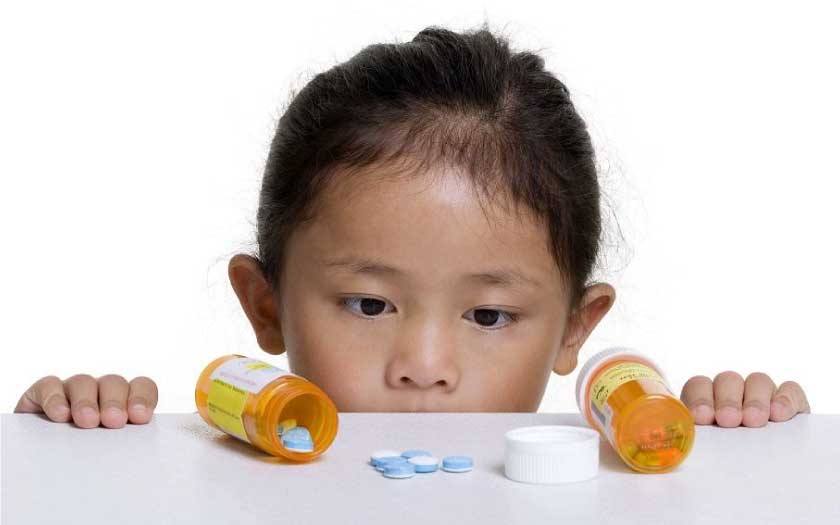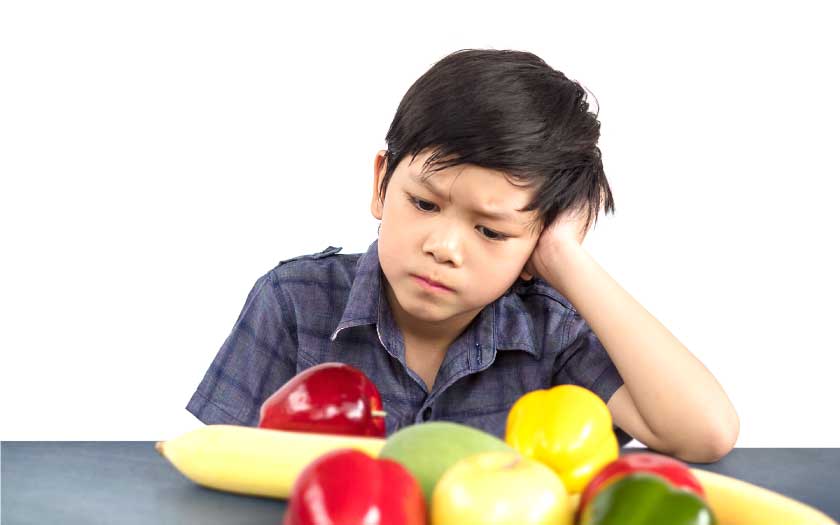Toddlers can be quite a picky, fussy bunch when it comes to eating wholesome, healthy foods. Unless you’ve painstakingly ensured that your little one’s taste is trained for foods rich in vitamins and minerals, there is a high chance that certain nutritional gaps have to be attended to. Read on…
Most toddlers can hardly sit still. From the time they learn to walk, it’s all about learning, exploring, and discovering. It’s the time of rapid growth and development. For little bodies to function well, essential nutrients are of utmost importance.
Don’t exceed
Giving your toddler a supplement might be helpful as long as it doesn’t exceed the RDA for any of the nutrients in it.
The thing is, to get a toddler to eat can sometimes be a challenge by itself, let alone getting the little one to polish off a healthy meal. Can supplements be of help?
Experts don’t seem to agree on whether toddlers should be given a daily vitamin supplement. One of the main reasons is the fact that many common foods that they eat, such as bread, cereal, orange juice, etc, are fortified. The overall opinion is to supplement a little one’s diet only if his or her doctor recommends it.
On the other hand, though, some experts also find that a daily supplement may be helpful to compensate for any possible shortfall in nutrients as long as its content does not exceed the recommended dietary allowance (RDA) for any vitamin or mineral.
So, if you have reason to be worried about your little one’s diet, like for example, if he or she keeps rejecting vegetables or seem to be keen on only certain foods for longs periods of time, then a dietary supplement may be just the thing to give you some peace of mind.
The role of supplements
Supplements are meant to complement and not substitute a good diet. A child who isn’t eating right could do with supplements, but steps should also be taken to address the issue and to improve those eating habits.
Why some toddler might need supplements
Vegetarian toddlers or those with food sensitivities might need a daily supplement to meet the RDA for certain vitamins or minerals.
The best type of supplement for your child
Unless you’re certain that your toddler can chew and grind a chewable tablet, it’s best to stick to liquid type supplements. Be especially careful with any type of chewable supplements if you’re offering them to toddlers. Treat them as you would any food and be wary of any possible choking hazards.
In terms of brands, unless your child has specific needs as advised by your doctor, any generic brand should suffice. Vegetarian toddlers may need a supplement with vitamins B12 and D, as well as riboflavin and calcium, which may be lacking in their diet. If your child is found by your doctor to be anemic, a specific amount of iron may be needed.
Experts recommend that most children from babies onward take a supplement with 400 IU of vitamin D. This is due to the fact that most of them do not get enough from the food they eat or even sunshine.
Supplement are not food and do not contain 100% of any needed nutrient. Hence, your little one will still need to consume nutritious foods to ensure constant good health.
Know your child’s needs
Observe your child’s needs. If you have trouble identifying his nutritional requirements, then seek the help of a dietician for food and supplement recommendations.
If your child doesn’t drink milk or eat enough dairy, for example, and only gets about 15 to 20 percent of the RDA for calcium from his supplement, then you’ll need to find other food-based sources, such as calcium-fortified orange juice.
Don’t end up overdoing it
Always check the labels for a product’s content before letting your child consume it. Your little one might end up over-consuming other nutrients while you’re trying to increase his or her intake of certain nutrients. When dealing with deficiencies in a child’s diet, it’s best to adhere to the recommendations of your doctor, for he would have checked beforehand on the amount and dosage needed.

Dangerous misconceptions
Some parents are convinced that when it comes to nutrients, more is always better. While this may be true in terms of generous amounts of whole foods, it can’t be applied however to supplements for little ones, for over-consumption is unhealthy and may harm your child’s well being.
Precautions with supplements
Most supplements for little ones are manufactured to taste good so that they’ll be taken without a fuss. Some are tasty that your toddler may want more than his recommended share! Treat supplements as medicine to be safe. Always make sure the caps can’t be opened in case they’re accidentally left around.


